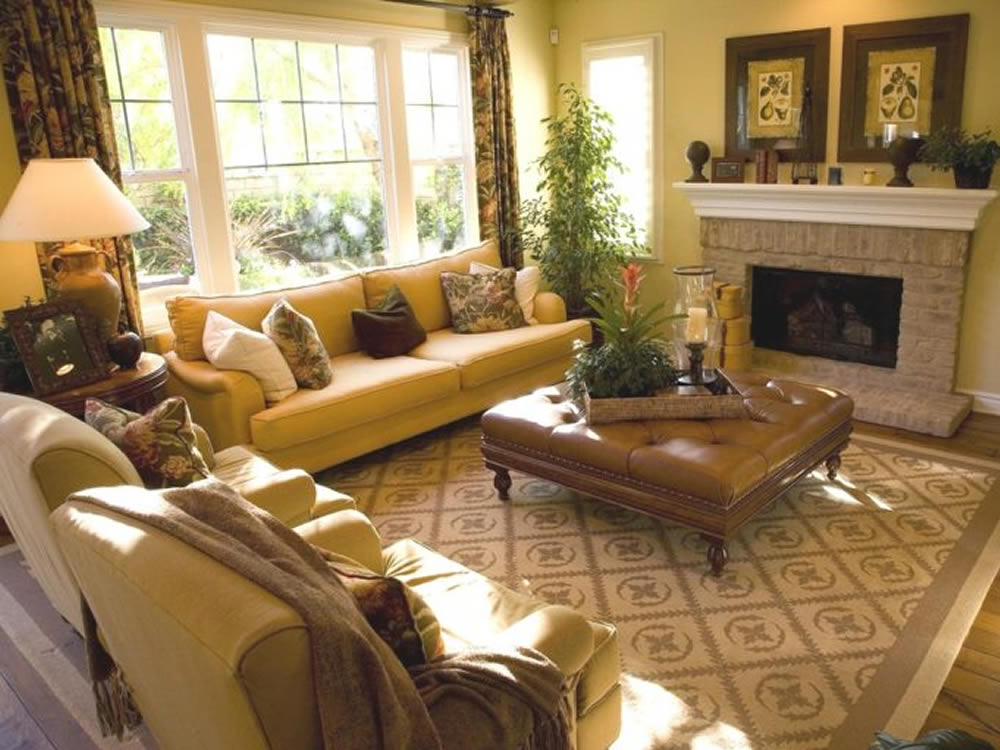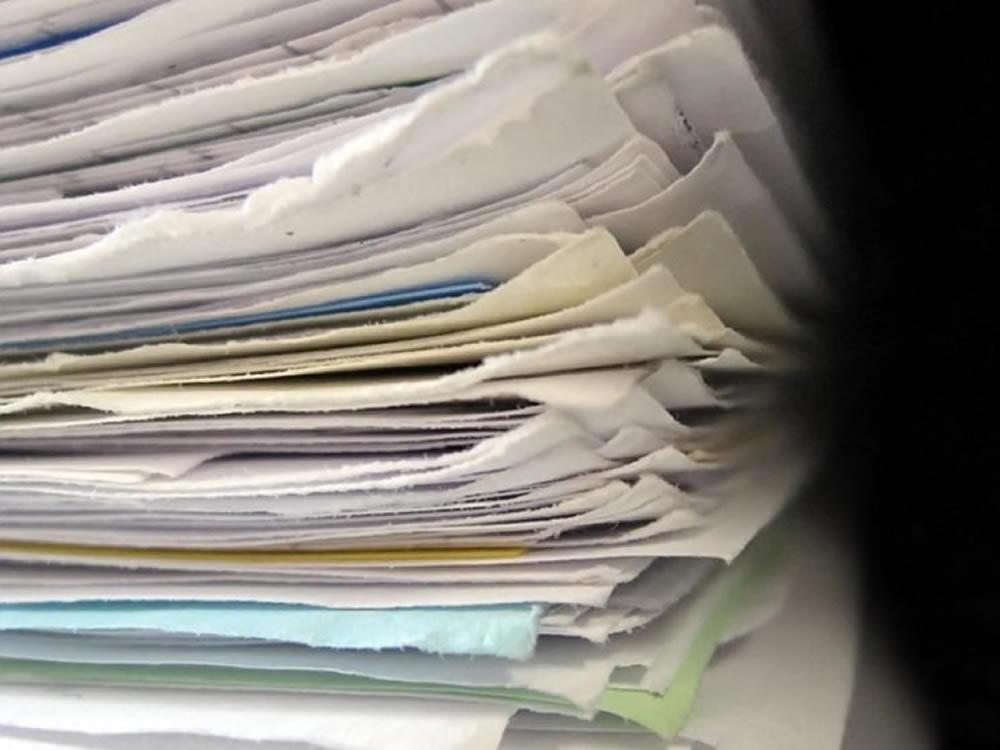Papers, mementos, clothes, and more: there are many reasons why we amass an abundance of things that can end up making our homes look and feel messy. Keeping clutter under control enhances your home’s attractiveness, function, and value, and numerous studies prove that it can improve your overall outlook on life.
Your desire to declutter may be a response to a life event, like inheriting belongings from a family member, deciding to downsize your home, the end of a relationship, or the start of a new one. Regardless of the impetus, there’s a process to calming your clutter.
Be Realistic About Your Commitment
Decide whether you’re up to the task yourself, or consider hiring a professional organizer to help you get it done faster.
Start At The Beginning
Picking one area of your home helps you stay focused and improves your chances of a successful start and finish. Two suggestions of where to begin are holiday decorations and the garage.
Create A Schematic
Develop a blueprint of your current home or future living space. Use this to plot where your main furniture will work best in the space. This helps prioritize what to keep, and is particularly important if you’re downsizing, as larger pieces can be problematic and may overwhelm a smaller space. It can also help with unpacking when you arrive and settle into your new place.
Develop A Litmus Test
Create a standard by which you evaluate what to keep. For example, consider letting go of:
• Items you haven’t used in more than a year.
• Clothing that no longer fits.
• Crafts, hobbies or other projects that’ve been shelved for years.
• Duplicate items (especially in the kitchen)
• Items that are broken or outdated.
• Things you won’t need in the future e.g., yard tools or outdoor décor if you’re downsizing to a condo or townhome.
You might also set a dollar value at which you’ll reconsider keeping items e.g., if they’re worth more than $1,000.
Rethink Sentimental Decisions
Hanging onto something for nostalgic reasons is a primary challenge when decluttering. Sometimes a paradigm shift in thinking is necessary: you won’t forget that great vacation in Italy just because you toss the tchotchkes, and your kids probably don’t want Grandma’s china anyway. In fact, they might fear offending you by rejecting it, or dread having to go through your things in the future. Getting rid of things, even those with sentimental meaning, could enhance your family relationships, reducing stress for you and your loved ones.
Go Electronic
Minimize your paperwork by focusing on essential documents only. This includes the last three years of your tax returns, vehicle documentation, and insurance policies. Nowadays, virtually all account statements can be accessed and stored online. SageVest clients benefit from a number of online tools and resources, including electronic reporting, a private vault via our WealthConnect portal, and more. Even photos can be digitized nowadays, making them available to younger generations and family members who live further away. Find out if your local community offers free or reduced-cost shredding to dispose of sensitive paperwork safely.
Gift, Donate, Sell, Auction, Or Trash
Devise a strategy for getting rid of things that need to go. You might be able to sell finer pieces. Contact local appraisers or auction houses to find out what has value. Estate sales are a good option if you want to sell everything. For those items remaining, the reality is that most used goods hold limited value but can probably be donated, gifted, or recycled in some way. Reach out to local charities to find out what you can donate, and remember to keep accurate records for tax deduction purposes. One man’s trash is another’s treasure; even old towels and linens can find a new home at your local animal shelter. Finally, accept that some things will end up in the trash.
SageVest Wealth Management understands the importance of having a home that’s comfortable, enjoyable, and affordable. We’re happy to work with you to secure a lifestyle that works for you, your family and your finances. Please contact us to find out more.




